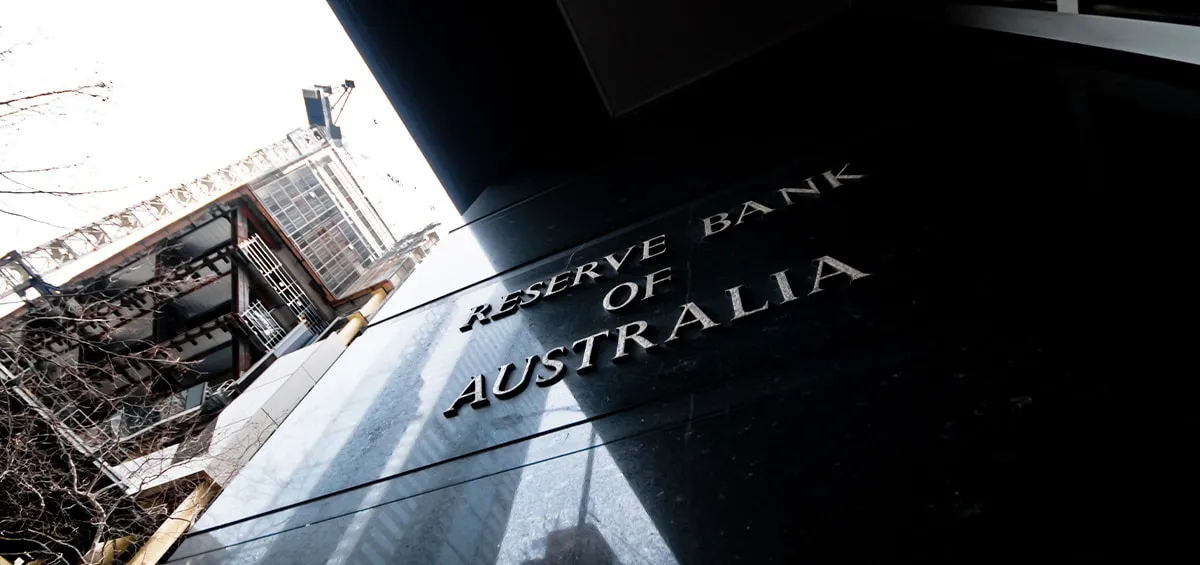PEP’s AU$725M Acquisition of Johns Lyng Group: Signals of a Private Equity Surge in Australia
Introduction
In July 2025, Australia’s mergers and acquisitions landscape received a seismic jolt when Pacific Equity Partners (PEP), one of the region's largest private equity firms, announced its AU$725 million takeover of listed construction services company Johns Lyng Group. The move—structured as a scheme of arrangement—underscores a renewed wave of private equity (PE) optimism in Australia, particularly in defensive, cash-generating sectors such as repair, insurance, and infrastructure services.
This acquisition isn’t just about Johns Lyng—it’s a bellwether for broader capital market shifts, especially as high interest rates, public market volatility, and global uncertainty reshape dealmaking behavior.
About Johns Lyng Group: A Quiet Giant in Insurance & Repair
Founded in 1953 and listed on the ASX since 2017, Johns Lyng Group (ASX: JLG) has carved out a dominant niche in post-disaster recovery and insurance building services. Its operations span:
-
Insurance building repair: Reinstating homes and commercial properties post-floods, bushfires, storms.
-
Strata services: Maintenance, fire compliance, and upgrades for managed buildings.
-
Make-safe services: Rapid response for structural or fire emergencies.
-
Essential services: HVAC, electrical, plumbing, and waterproofing across Australia.
Notably, Johns Lyng has established long-term contracts with Australia’s major insurers including IAG, Suncorp, QBE, and Allianz, giving it stable recurring revenue.
In FY2024, it posted:
-
AU$1.2 billion in revenue
-
AU$92 million in EBITDA
-
~15% year-on-year growth, despite inflationary pressures.
Deal Structure: Inside the AU$725 Million Takeover
The acquisition is being led by PEP, in partnership with Johns Lyng co-founder Scott Didier and a consortium of management shareholders.
Key details include:
-
AU$6.40 per share cash offer, representing a 32% premium over the 30-day VWAP prior to the offer.
-
Total equity valuation: AU$725 million
-
Implied enterprise value (EV): ~AU$850 million after debt inclusion
-
Transaction type: Scheme of arrangement, subject to shareholder and court approvals.
PEP has secured 100% committed financing for the deal, and the board of Johns Lyng has unanimously recommended shareholders vote in favor, absent a superior proposal.
Why Johns Lyng?
The acquisition aligns with PEP’s core investment thesis:
-
Non-cyclical revenue: Insurance-related repair work is recession-resistant.
-
Fragmented industry ripe for consolidation: Opportunity to roll up smaller players.
-
Stable EBITDA and low capital intensity: Ideal for leveraged buyouts (LBO).
-
Strong ESG profile: Disaster response and community rebuilding enhance social license to operate.
In PEP’s own words:
“Johns Lyng represents a high-quality business with market leadership, essential services demand, and significant growth optionality. We believe we can support its long-term vision with our capital and operational expertise.”
Investor Sentiment: Mixed but Rational
While the offer drew some concern from retail investors hoping for a higher price, institutional investors and analysts have largely welcomed the deal:
-
Macquarie Equities issued a “fair value” report placing the company at AU$6.20–AU$6.50.
-
Shareholder feedback on forums like HotCopper has been divided, with some calling for a bidding war.
The company’s stock jumped 31% on the announcement, signaling market consensus that the takeover is credible and unlikely to face regulatory blocks.
PE’s Growing Appetite in Australia: Context Matters
This deal is part of a broader trend: private equity is increasingly targeting ASX-listed midcaps.
Recent deals in 2024–2025 include:
-
Brookfield’s AU$18B bid for Origin Energy (pending regulatory review)
-
KKR’s acquisition of Tyro Payments
-
Bain Capital’s strategic buy-in to Myer
Why the sudden PE surge?
-
Public market volatility: Valuations are depressed, making acquisitions more attractive.
-
Delisting optionality: PE firms want to take companies private, restructure, and relist later at higher multiples.
-
Sector resilience: Investors are pivoting from tech to services and infrastructure.
Australia, with its stable legal framework, mature capital markets, and commodity-fueled economic base, remains a top-5 global target for PE funds.
What This Means for the ASX and Public Shareholders
The rise in PE buyouts has triggered concern that Australian capital markets are losing their mid-cap ecosystem—with quality companies going private too early.
Critics argue that:
-
Shareholders miss long-term upside when companies are taken private during temporary undervaluation.
-
Transparency is lost, as public accountability disappears.
-
Market depth thins, making the ASX less attractive to new institutional entrants.
However, defenders note that:
-
Buyouts offer liquidity and immediate premium returns.
-
Many PE-owned firms return to the market stronger (e.g., Medibank Private, Collins Foods).
-
It reflects market efficiency—with capital flowing where it can be used most productively.
What’s Next for Johns Lyng Post-Acquisition?
Under PEP ownership, Johns Lyng is expected to pursue:
-
Aggressive acquisitions in regional Australia and New Zealand
-
Service diversification—entering fire safety tech, AI-driven assessment tools
-
International expansion—potential joint ventures in Southeast Asia and the U.S.
Insiders suggest that PEP will hold the business for 4–6 years, with a view to relist or divest to strategic buyers.
There’s also speculation that Johns Lyng may merge with another PEP portfolio company in facilities management to create a national essential services conglomerate.
Risks and Watchpoints for Investors
-
Execution risk: Rapid expansion or restructuring could dilute service quality.
-
Labor shortages: Australia’s trades and construction sectors face skilled labor gaps.
-
Insurance cycles: While resilient, over-reliance on insurance contracts carries renegotiation risk.
-
Regulatory tightening: FIRB may scrutinize PE inflows more closely due to rising foreign capital concerns.
However, with PEP’s proven track record (e.g., Hoyts, Patties Foods), the odds favor disciplined execution.
Conclusion
The AU$725 million acquisition of Johns Lyng by Pacific Equity Partners is more than just a high-profile buyout—it signals a powerful shift in Australia’s investment climate. As public markets face valuation pressures and macro uncertainty, private equity is seizing the moment to scoop up high-quality, cash-rich businesses with long-term growth stories.
For investors, this means new dynamics: public shareholders must act fast when value is presented; institutional players must reassess allocation to listed midcaps; and regulators must strike a balance between liquidity and longevity.
Australia’s PE moment has arrived—and deals like Johns Lyng are just the beginning.


_20250711081034.jpeg.webp)

_20250711081658.jpeg.webp)
_20250711081843.jpeg.webp)